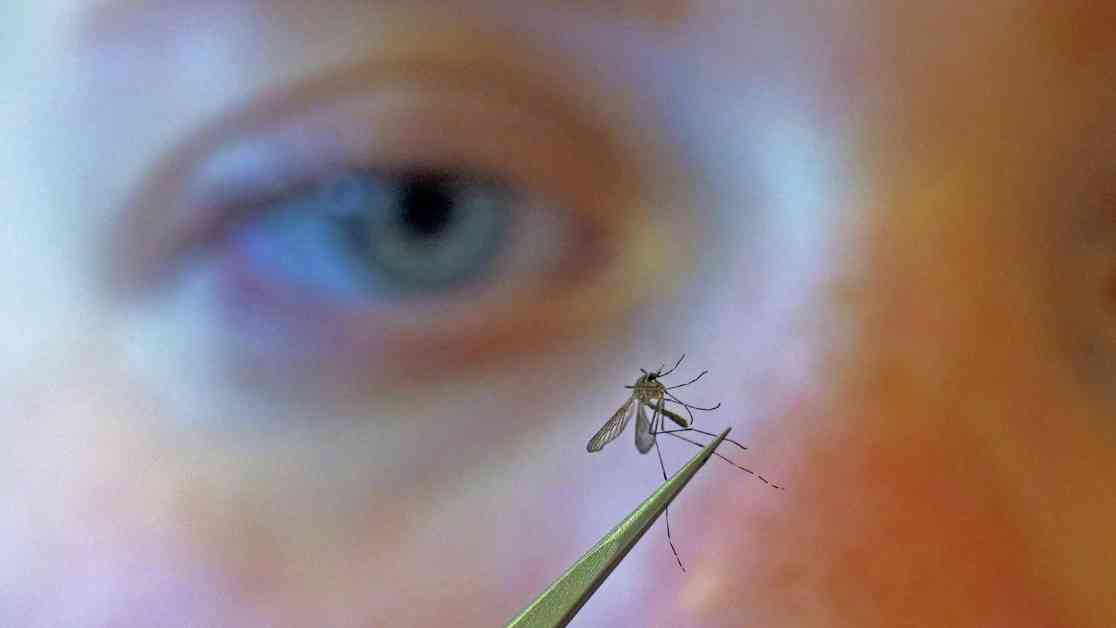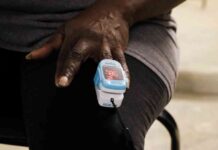Mosquitoes have been making headlines once again due to recent outbreaks of mosquito-borne diseases in the United States. These tiny insects may seem harmless, but they are actually responsible for spreading some of the deadliest diseases known to man. Understanding the differences between various mosquito-borne illnesses is crucial in order to protect yourself and your loved ones from these potentially life-threatening conditions.
The World’s Deadliest Animal: The Mosquito
Mosquitoes are often considered the world’s deadliest animals, and for good reason. These tiny insects have the ability to transmit a wide range of diseases, making them a significant threat to human health. When a mosquito bites a person or animal, it can pick up viruses or germs from the blood it consumes. If that same mosquito goes on to bite another individual, it can deposit the germ right under the skin, potentially causing infection.
In recent weeks, residents of Massachusetts have been advised to stay indoors during peak mosquito activity after a rare case of eastern equine encephalitis (EEE) was discovered in the area. Additionally, Dr. Anthony Fauci, a renowned infectious disease expert, was hospitalized after contracting West Nile virus. While these diseases are relatively rare, they serve as a stark reminder of the dangers posed by mosquito-borne illnesses.
Prevention is Key
The best way to protect yourself from mosquito-borne diseases is to prevent mosquito bites in the first place. This can be achieved by taking simple precautions such as using insect repellent, wearing long sleeves and pants, and avoiding outdoor activities during peak mosquito hours. Local health departments also play a crucial role in reducing mosquito populations by conducting insecticide spraying in affected areas.
In Massachusetts, authorities have taken proactive measures to combat the spread of mosquito-borne illnesses by using trucks and planes to spray vulnerable neighborhoods. These efforts aim to minimize the risk of disease transmission and protect residents from potential outbreaks.
Understanding Different Mosquito-Borne Diseases
There are several common and not-so-common mosquito-borne diseases that individuals should be aware of in order to recognize the symptoms and seek appropriate medical treatment.
Eastern equine encephalitis (EEE) is a rare but serious illness caused by a virus transmitted through mosquito bites. While most people infected with EEE do not develop symptoms, some may experience fever or swelling of the brain, with a mortality rate of about one-third. In the United States, there have been three reported cases of EEE this year, highlighting the importance of vigilance in mosquito-prone areas.
On the other hand, West Nile virus is another mosquito-borne disease that can cause severe symptoms such as fever and brain inflammation. Approximately two in ten people infected with West Nile virus develop symptoms, with a mortality rate of about one in ten for severe cases. In 2022, there have been 216 reported cases of West Nile virus in the U.S., emphasizing the ongoing threat posed by this disease.
Malaria is a globally prevalent mosquito-borne disease caused by a parasite transmitted through mosquito bites. In 2022, malaria infected nearly 250 million people worldwide and resulted in over 600,000 deaths, predominantly affecting children in tropical regions, especially in Africa. Health officials have launched vaccination campaigns to combat the spread of malaria and reduce the number of cases and fatalities.
Dengue fever, also known as “break-bone fever,” is becoming increasingly common and affects millions of people worldwide each year. The disease is characterized by symptoms such as fever, severe headaches, and muscle and joint pain. While most cases of dengue fever in the U.S. are travel-related, there have been approximately 2,600 locally acquired cases reported this year, underscoring the potential risk of transmission within the country.
Conclusion
In conclusion, understanding the differences between various mosquito-borne diseases is essential in order to protect yourself and your community from potential outbreaks. By taking preventative measures such as using insect repellent, wearing protective clothing, and minimizing outdoor activities during peak mosquito hours, you can reduce the risk of mosquito bites and subsequent disease transmission. Stay informed, stay vigilant, and prioritize your health and well-being in the face of these potentially deadly illnesses.

















